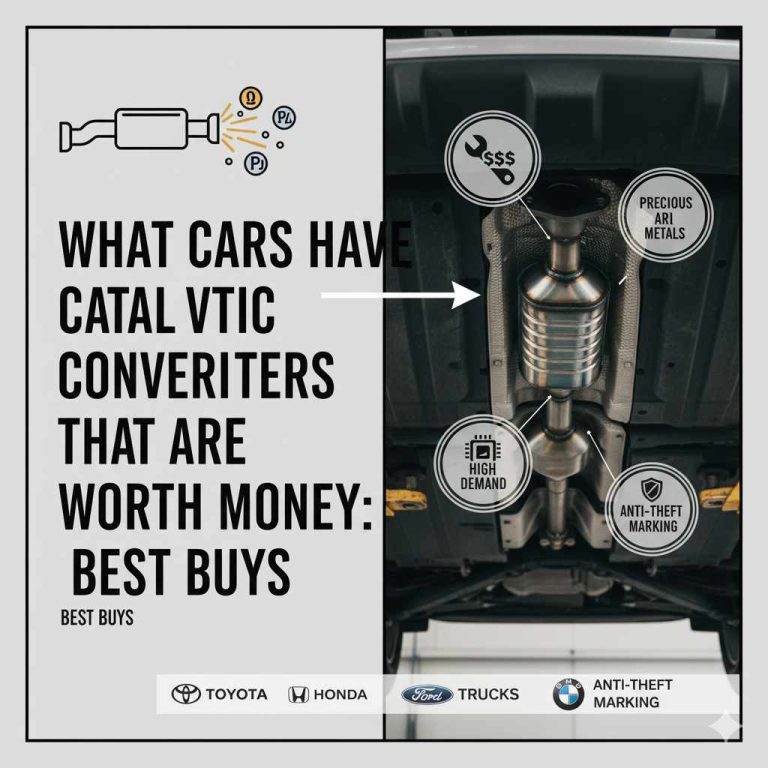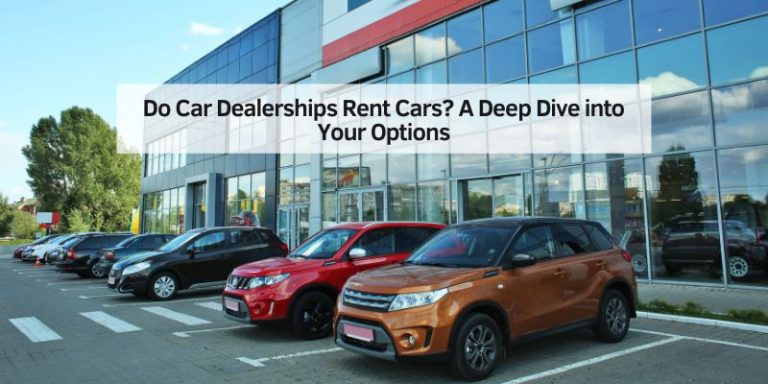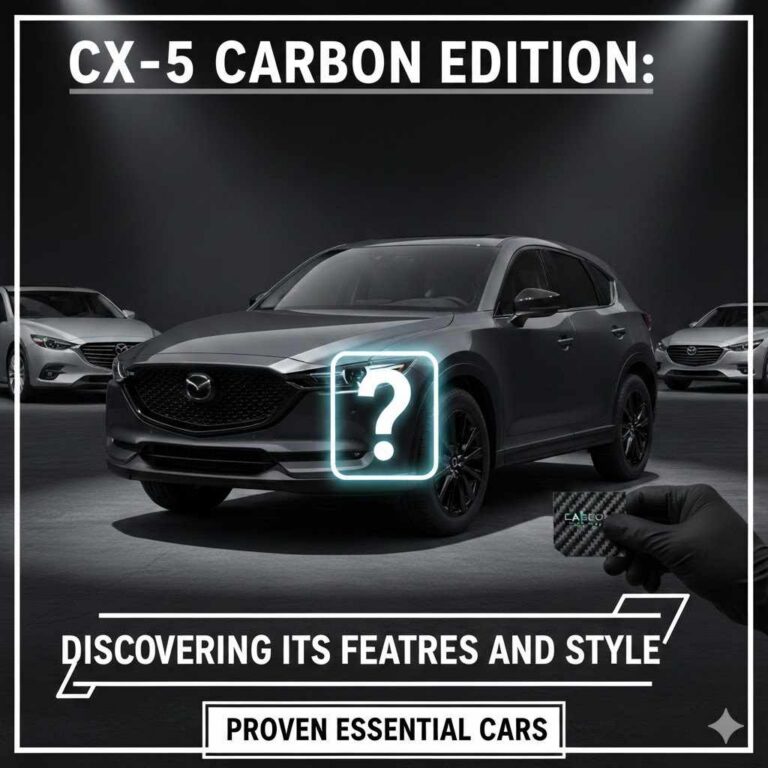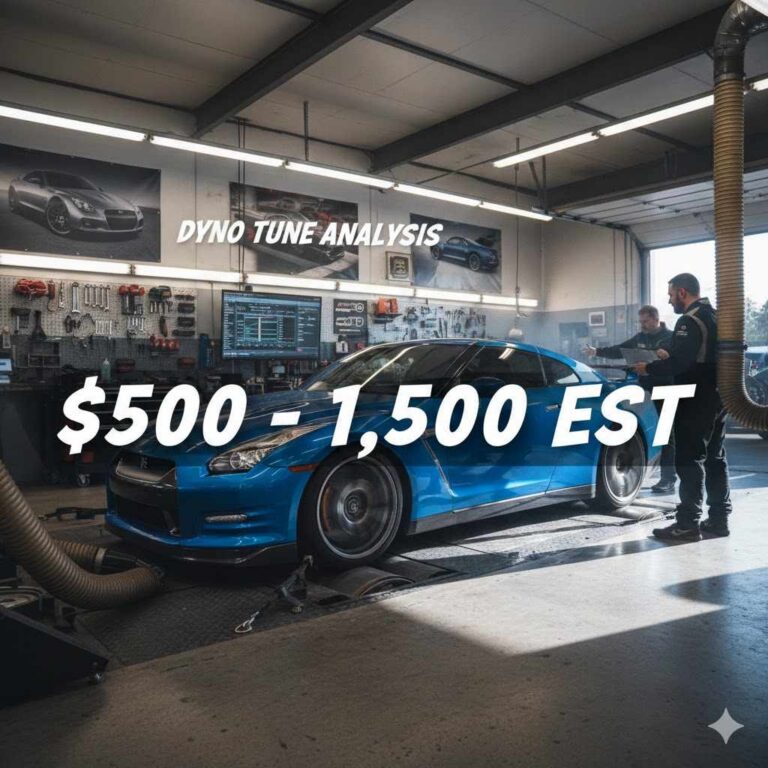Economy Car Vs Compact: A Cost-Saving Showdown
Economy cars are designed for maximum fuel efficiency and affordability, while compact cars offer a balance of size, comfort, and performance. Both types cater to different needs, making them popular choices among drivers.
Choosing the right vehicle can significantly impact your driving experience and budget. Economy cars focus on fuel efficiency and lower maintenance costs, making them ideal for daily commuting and long-distance travel. On the other hand, compact cars provide a bit more space and comfort without sacrificing maneuverability.
They often come equipped with better features and technology, appealing to those who value a more enjoyable ride. Understanding the differences between these two categories helps consumers make informed choices based on their specific requirements and lifestyle.
Economy Car Vs Compact: A Cost-saving Showdown
Choosing between an economy car and a compact car can save money. Economy cars are usually cheaper to buy and maintain. They offer great fuel efficiency. Compact cars provide more space and comfort.
Here are some key differences:
| Feature | Economy Car | Compact Car |
|---|---|---|
| Price | Lower initial cost | Moderate cost |
| Fuel Efficiency | High MPG | Good MPG |
| Space | Less interior space | More interior space |
| Comfort | Basic comfort | Better comfort |
Economy cars suit budget-conscious buyers. Compact cars fit families needing extra space. Both types have unique benefits. Choose based on your driving needs.
Defining The Contenders
Economy cars are designed to be affordable and fuel-efficient. They typically have a smaller size, making them easy to park and maneuver. These cars often feature basic technology and amenities.
On the other hand, compact cars offer a balance of size and comfort. They provide more interior space than economy cars. Many compact cars include better technology and safety features.
| Characteristics | Economy Cars | Compact Cars |
|---|---|---|
| Price | Lower | Moderate |
| Fuel Efficiency | High | Good |
| Interior Space | Limited | More Roomy |
| Technology | Basic | Advanced |
Initial Purchase Price Comparison
The average cost of economy cars typically ranges from $15,000 to $25,000. These cars are popular for their affordability and fuel efficiency. Many buyers choose them for daily commuting.
Compact cars are slightly more expensive. The average price for compact cars is between $18,000 and $30,000. They offer more features and a bit more space. This makes them attractive to families.
| Car Type | Average Cost |
|---|---|
| Economy Car | $15,000 – $25,000 |
| Compact Car | $18,000 – $30,000 |
Fuel Efficiency Battles
Fuel efficiency is a key factor for many car buyers. Economy cars often lead in miles per gallon. Compact cars may also offer good fuel economy, but they can vary.
Here’s a quick comparison of fuel economy for both types:
| Car Type | Miles Per Gallon (MPG) |
|---|---|
| Economy Car | 30-40 MPG |
| Compact Car | 25-35 MPG |
In the real world, many factors affect fuel economy. Driving habits, road conditions, and vehicle maintenance play a role. Economy cars tend to perform better in city driving. Compact cars may shine on highways.
Maintenance And Repair Costs
Economy cars often have lower long-term maintenance costs. They use affordable parts and have simpler designs. This simplicity can lead to easier repairs.
Compact cars may need more frequent servicing. Their advanced technology can increase repair costs. Some parts might be more expensive to replace.
| Type | Maintenance Cost | Repair Frequency |
|---|---|---|
| Economy Cars | Low | Infrequent |
| Compact Cars | Moderate to High | Frequent |
Insurance Rates: Economy Vs Compact
Insurance rates vary between economy and compact cars. Several factors affect these insurance premiums. Key factors include:
- Car type: Economy cars usually cost less to insure.
- Safety ratings: Higher safety ratings can lower premiums.
- Driver history: A clean driving record can lead to discounts.
- Location: Urban areas may have higher rates due to theft risks.
- Age of the vehicle: Older cars may have lower insurance costs.
Saving on insurance is important. Comparing quotes from different companies helps. Many insurers offer discounts for safe driving. Bundling policies can also save money. Always review your coverage needs regularly.
Resale Value Analysis
The depreciation rates for economy cars tend to be higher than compact cars. Most economy cars lose value quickly in the first few years. On average, they drop about 20-30% in value during the first year. After five years, they may lose over 60% of their original price.
Compact cars generally maintain better resale value. They typically depreciate around 15-25% in the first year. After five years, the loss can be about 50-55%. This makes them more attractive for buyers.
| Car Type | 1 Year Depreciation | 5 Year Depreciation |
|---|---|---|
| Economy Cars | 20-30% | 60%+ |
| Compact Cars | 15-25% | 50-55% |
Space And Comfort Considerations
Economy cars and compact cars have different interior spaces. Economy cars often provide more legroom and headroom. Compact cars are smaller but still offer a decent amount of space. Passengers may feel a bit cramped in compact cars.
For long drives, comfort is very important. Economy cars usually have better seating materials and more adjustable seats. Compact cars may have less cushioning, leading to discomfort over time. Leg support and back support matter greatly for long journeys.
Environmental Impact And Efficiency
Economy cars offer great fuel efficiency. They use less fuel than larger vehicles. This helps reduce greenhouse gas emissions. Many economy cars are made from recyclable materials. This makes them more eco-friendly.
Compact cars also have a smaller carbon footprint. They are lighter and need less energy. Driving a compact car can lower air pollution levels. Many compact models are designed with fuel-saving technology.
| Car Type | Fuel Efficiency | Carbon Footprint |
|---|---|---|
| Economy Cars | High | Low |
| Compact Cars | Very High | Very Low |
The Verdict: Making The Cost-effective Choice
Choosing between an economy car and a compact car is important. Your personal needs play a big role in this choice. Think about how many people travel with you. Also, consider how much space you need for luggage.
Economy cars usually cost less to buy and maintain. They often get better fuel efficiency, saving you money on gas. Compact cars provide more comfort and features. They may also have better safety ratings and technology options.
Assess your daily activities. If you drive long distances, fuel economy matters. If you need more space, a compact car might be better.
| Feature | Economy Car | Compact Car |
|---|---|---|
| Cost | Lower initial cost | Moderate cost |
| Fuel Efficiency | Higher MPG | Moderate MPG |
| Space | Less space | More space |
Frequently Asked Questions
What Is The Difference Between Economy And Compact Cars?
Economy cars are designed for affordability, focusing on fuel efficiency and low maintenance costs. Compact cars, while also efficient, offer a bit more space and comfort. Typically, compact cars have a larger engine and more features, making them slightly more expensive than economy models.
Which Is Better For City Driving: Economy Or Compact?
For city driving, economy cars are often preferred. They excel in tight spaces and are easier to park. Their smaller size also means they generally consume less fuel, making them economical for daily commuting. However, compact cars can provide more comfort for longer journeys.
Are Economy Cars Cheaper Than Compact Cars?
Yes, economy cars are generally cheaper than compact cars. Their design focuses on cost-effective features and fuel efficiency. This makes them ideal for budget-conscious consumers. Compact cars, while still affordable, may have more advanced features that increase their price point.
Do Economy Cars Have Better Fuel Efficiency?
Economy cars typically offer better fuel efficiency than compact cars. They are engineered specifically to maximize mileage and minimize fuel consumption. This makes them an excellent choice for those who drive frequently or have long commutes. However, some compact models also provide competitive fuel efficiency.
Conclusion
Choosing between an economy car and a compact model depends on your needs. Economy cars offer affordability and fuel efficiency, while compacts provide extra space and comfort. Assess your lifestyle and driving habits carefully. Making the right choice ensures you enjoy both savings and satisfaction on the road.
Drive smart and choose wisely!







